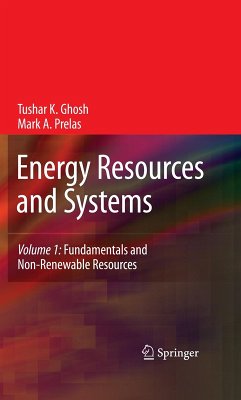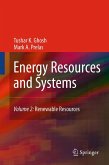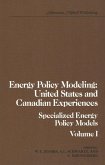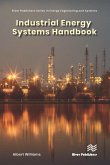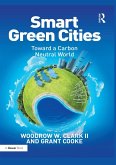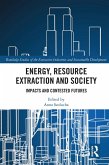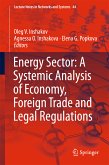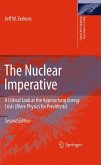At the end of most of the chapters there are problems to assist instructors. Also, there are a number of worked out problems for the students within the text.
This is the first of a three volume series. In Volume 1, Fundamentals and Nonrenewable Sources, the focus is on the basic tools required to understand the complex interactions of energy and society (economy, population, finance, etc.), fundamentals (thermodynamics, heat transfer, etc.). It provides a general overview of various topics including the interrelationship between energy, economy, gross domestic product, and population. A review of engineering economics, thermodynamics, and heat transfer mechanisms is included. Volume 1 also covers nonrenewable energy resources (coal, oil, natural gas and nuclear); how to calculate the total reserve quantities of coal, petroleum and uranium, and how long these resources will last at various levels of consumption. Various technologies for converting these resources to produce electricity and other forms of energy are treated.
The second volume, Renewable and Other Potential Sources, discusses wind, solar, hydropower, geothermal, ocean, biomass, ethanol, fusion, space based power systems, hydrogen, advanced systems and fuel cells.
The third volume, Environmental Effects, Remediation, and Policies,looks at the impact of energy on the environment (e.g., acid rain, ozone depletion, global warming, emissions, pollution, etc.), green technologies (e.g., conservation, hybrid cars, electric vehicles, hydrogen economy, distribution systems etc.), policies (e.g., deregulation) and future trends.
Dieser Download kann aus rechtlichen Gründen nur mit Rechnungsadresse in A, B, BG, CY, CZ, D, DK, EW, E, FIN, F, GR, HR, H, IRL, I, LT, L, LR, M, NL, PL, P, R, S, SLO, SK ausgeliefert werden.

